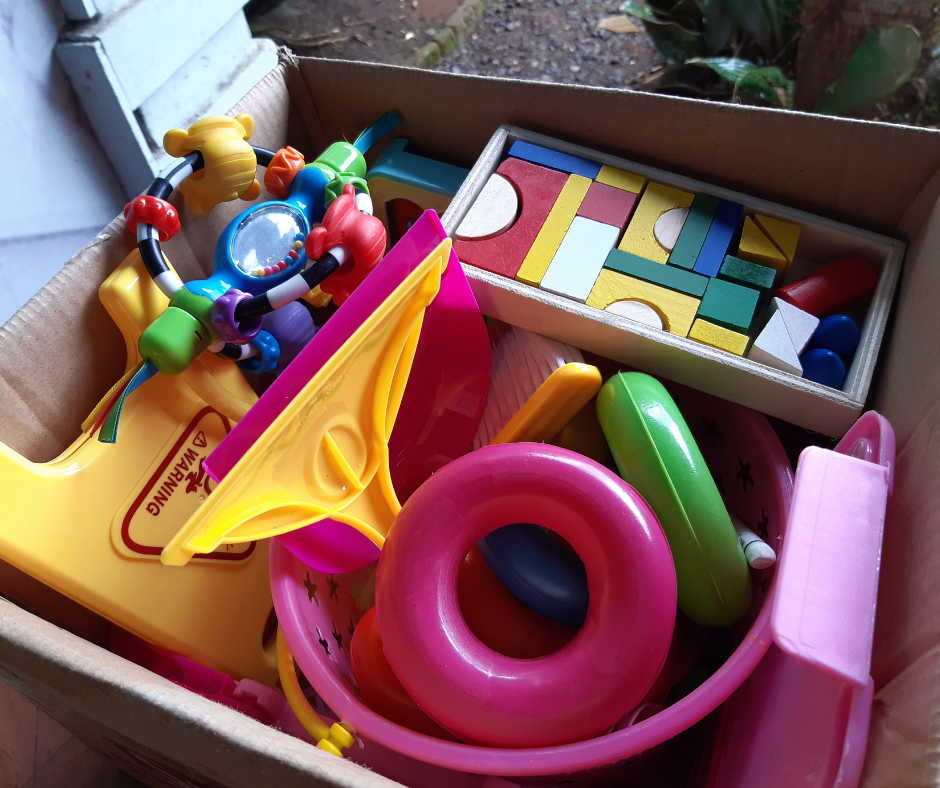One thing every family wants when looking for a Nanny is that extra special person to take care of their precious children so whilst they are looking for someone with experience and energy there is so much more to it.
Want to present your best self at your next interview, check out these tips on how to be the best Nanny ever!
- Act professional, calm, and always mature when in contact with the family, whether it’s face to face, phone calls or emails, the family will be scrutinising every thing you say and do for signs that you are / or aren’t the right person for them.
- Be Honest – Parents are looking to ensure that their standards and idles are mirrored with yours, that you can handle situations with their children and that you are available when they need you to be. However, much you want a job, if it doesn’t fit with you then don’t take it thinking that you will make changes when you are working for the family. Trust is hugely important between a nanny and their employer and if you aren’t completely honest at interview or in communications prior to being offered the role then it might mean that the relationship gets off on the wrong foot.
- Talk about your upbringing and your previous roles, show how it has moulded your beliefs and morals and made you the dependable, patient and person of good character that you have now become. Nannying is all about personality and interacting with the children and parents need to be reassured that you will take care of them in the same way they would.
- Share your wisdom, new parents, in particular, are probably worried about some issue or other with their child by offering helpful suggestions they will see you as a team player and font of knowledge. By showing an interest and demonstrating that you are knowledgeable and can show initiative this will reassure the parents that you are good at your job. A good example of how to do this with parents of slightly older children is to present examples of how you turn activities into learning opportunities without children even realising, parents will love this!
- Show respect and compassion, parents may want things done in a certain way because it allows them to be involved, for example bedtimes or routines around meals, if they work long hours make suggestions as to how you can help with maintaining good, healthy routines for their children whilst ensuring they spend quality time with Mum and Dad.
- Whilst it’s important to be as communicative as possible for both the Nanny and the family about expectations it’s also important to recognise that things change over time and particularly as children get older, suggest ways of communicating with each other that shows you want to be involved in changes and that you know that regular communication is important.
- You must be you; you are a Nanny because you love children, make sure that shines through, showing enthusiasm for your job will endear you to all families, at the end of the day they want someone who is happy to be around their children and for that happiness to reflect in their family life!
As we say @Nannyjob there is nothing more important than finding the nanny who will make a child happy. Highlighting these qualities will show any potential new family just how you’ll fit into their everyday life



